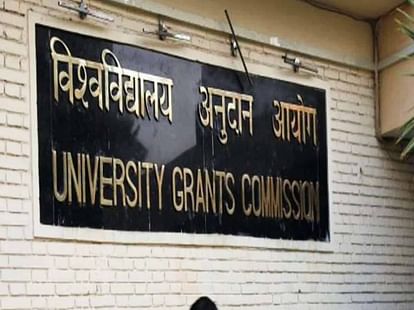
UGC Mandates SC, ST, OBC, and Women in Student Grievance Redressal Panels
- PC : MRP Graphics
UGC's New Regulations: The University Grants Commission (UGC) has mandated that representatives from Schedule Castes, Schedule Tribes, Other Backward Classes, and women be appointed either as chairpersons or members of student grievance redressal committees.
The University Grants Commission (UGC) has issued new regulations that require the appointment of representatives from the Schedule Castes, Schedule Tribes, Other Backward Classes, and women as either chairpersons or members of students' grievance redressal committees. These regulations, called the UGC (Redressal of Grievances of Students) Regulations, 2023, will replace the 2019 guidelines and have been aligned with the new National Education Policy.
The UGC has asked all higher education institutions to comply with the new norms, which aim to provide opportunities for redressing grievances of both current students and those seeking admission. As per the revised guidelines, at least one member or chairperson of the grievance redressal committee must be a woman, and at least one member or chairperson must be from the SC, ST, or OBC category.
UGC Chairman Jagadesh Kumar stated, "Student's Grievance Regulations, 2023, provide an additional forum for redressal of complaints against caste-based discrimination. These regulations do not replace other regulations/guidelines made/issued by the UGC from time to time to ensure that no student is discriminated against on the basis of caste, creed, religion, language, ethnicity, gender, or disabilities."
The new regulations retain the student redressal committees, which will investigate complaints of discrimination against students from the SC, ST, OBC, minorities, persons with disabilities categories or women. The guidelines also retain the provision of appointing an ombudsperson, a retired vice-chancellor or retired professor with ten years of experience or a former district judge, for redressing grievances of students at universities and affiliated colleges/institutions.






